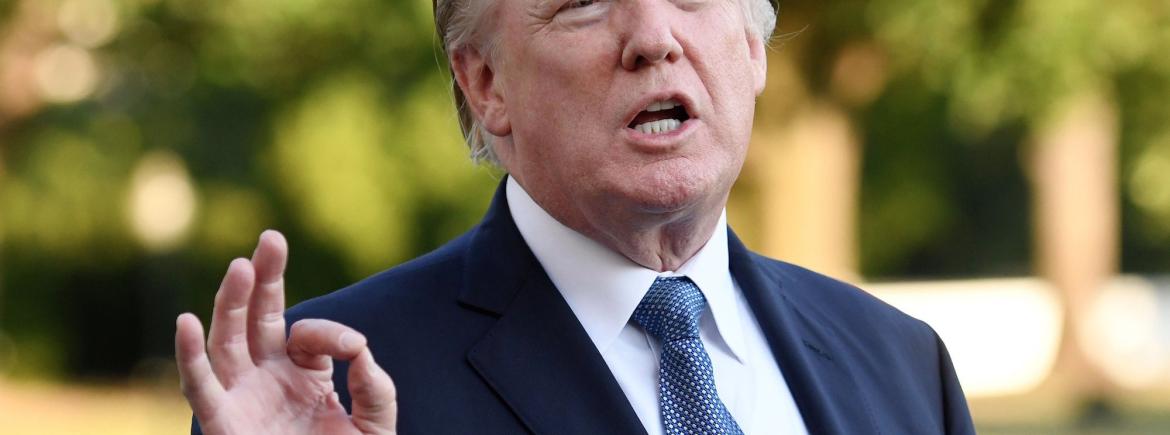There's understandable caution about the prospects of successful tax legislation after Republican lawmakers failed to repeal the Affordable Care Act.
The tax-reform proposal that the White House unveiled this week is already fraught with a number of issues that could delay its timeline. They include a lack of details on how revenue shortfalls would be made up and a looming jostle among lobbyists for the most favorable piece of legislation.
Even after some renewed enthusiasm in the last two weeks for lower corporate taxes, UBS Asset Management says Wall Street is placing too little odds on the prospects of tax reform.
"There's no way that the markets would be trading this way if they were pricing in a greater than 50% probability of successful tax legislation," said Evan Brown, the director of asset allocation at UBS Asset Management, which oversees more than $732 billion in holdings. "It's starting to get priced in, but there's plenty of room," he told Business Insider on Thursday.
President Donald Trump proposed a "red line" corporate tax rate of 20%, which is not as ambitious as his initial target of 15%, but would lower the statutory rate from 35%.
"Whereas the market took the failure of healthcare legislation as a sign that the administration could not get anything done, we actually think that the failure of healthcare legislation increases the probability that there's a step on tax legislation because they need a win," Brown said. "Congressional Republicans need to be able to go in front of their constituents in November of next year and say 'we delivered.'"
Most-taxed companies
One of the best ways to track the odds investors are placing on corporate tax cuts is by looking at companies that would likely benefit the most, or those that are paying the highest taxes now.
Tech companies dominate the top-20 list compiled by Goldman Sachs.
"Immediately after the election, it's those high effective tax stocks that surged relative to the S&P 500, Brown said. "That's been completely unwound. That basket of stocks relative to the S&P is now below where it was below the election, which is just remarkable."

